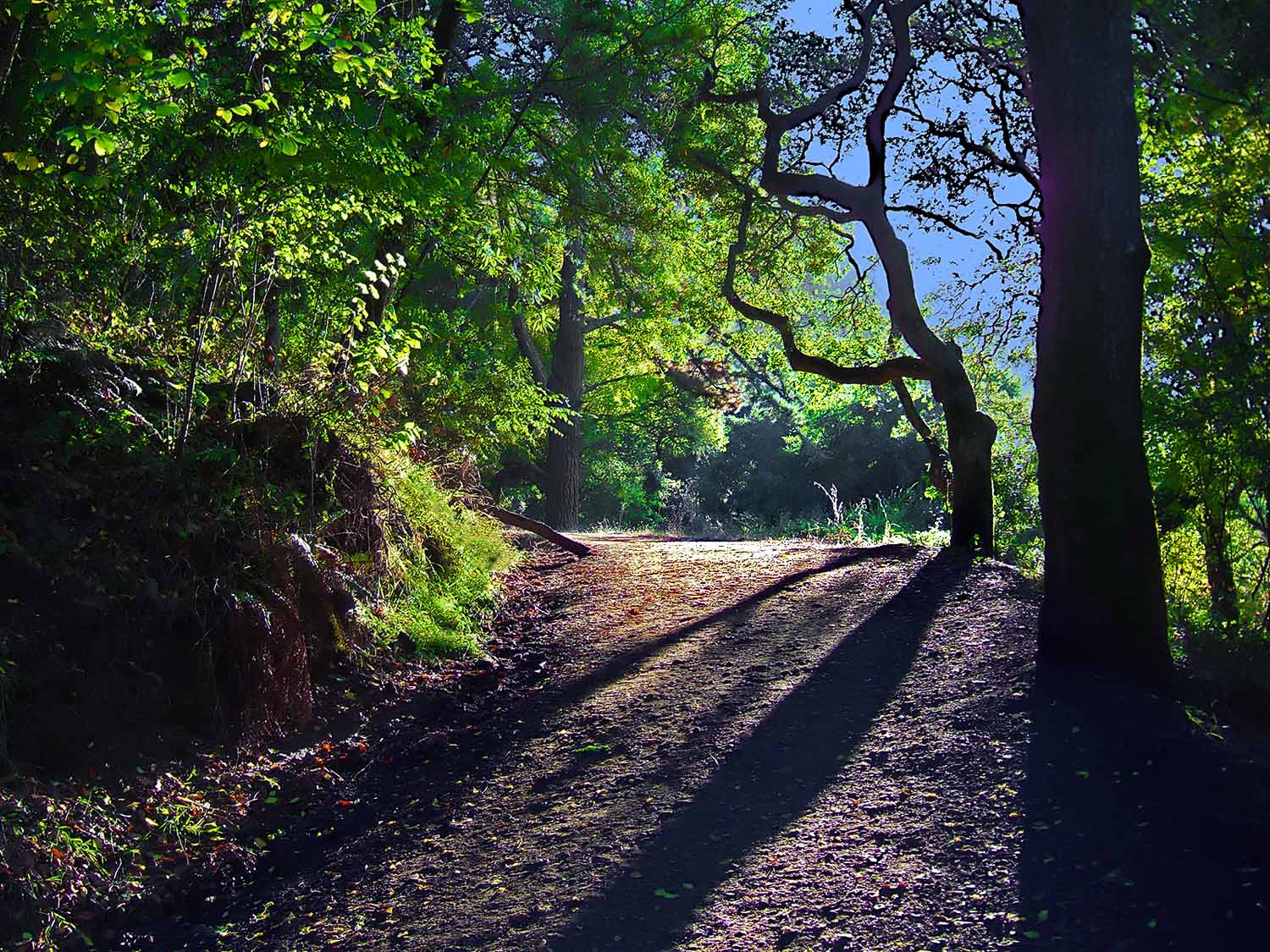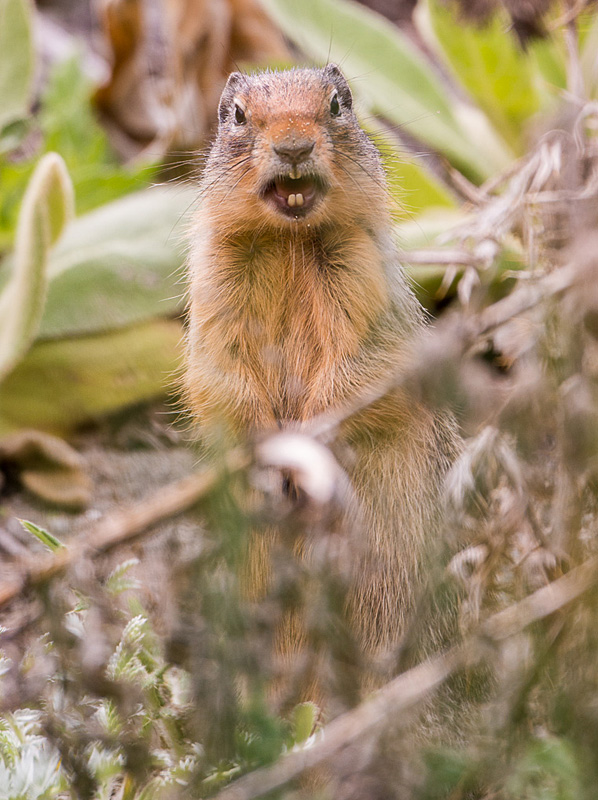


But, Gregory Bratman, of Stanford University, has found evidence that nature may impact our mood in other ways, too. I’ve always found that hiking in nature makes me feel happier, and of course decreased stress may be a big part of the reason why. Nature makes you happier and less brooding These studies and others provide evidence that being in natural spaces- or even just looking out of a window onto a natural scene-somehow soothes us and relieves stress.

In a now-classic laboratory experiment by Roger Ulrich of Texas A&M University and colleagues, participants who first viewed a stress-inducing movie, and were then exposed to color/sound videotapes depicting natural scenes, showed much quicker, more complete recovery from stress than those who’d been exposed to videos of urban settings. The reasons for this effect are unclear but scientists believe that we evolved to be more relaxed in natural spaces. In another study, researchers in Finland found that urban dwellers who strolled for as little as 20 minutes through an urban park or woodland reported significantly more stress relief than those who strolled in a city center. The researchers concluded that there’s something about being in nature that had a beneficial effect on stress reduction, above and beyond what exercise alone might have produced. Results showed that those who walked in forests had significantly lower heart rates and higher heart rate variability (indicating more relaxation and less stress), and reported better moods and less anxiety, than those who walked in urban settings. The participants also filled out questionnaires about their moods, stress levels, and other psychological measures. In one recent experiment conducted in Japan, participants were assigned to walk either in a forest or in an urban center (taking walks of equal length and difficulty) while having their heart rate variability, heart rate, and blood pressure measured. But, there’s something about being in nature that may augment those impacts. It’s clear that hiking-and any physical activity-can reduce stress and anxiety. “Now we are seeing changes in the brain and changes in the body that suggest we are physically and mentally more healthy when we are interacting with nature.” “People have been discussing their profound experiences in nature for the last several 100 years-from Thoreau to John Muir to many other writers,” says researcher David Strayer, of the University of Utah. Scientists are beginning to find evidence that being in nature has a profound impact on our brains and our behavior, helping us to reduce anxiety, brooding, and stress, and increase our attention capacity, creativity, and our ability to connect with other people. From the time I first strapped on a backpack and headed into the Sierra Nevada Mountains, I was hooked on the experience, loving the way being in nature cleared my mind and helped me to feel more grounded and peaceful.īut, even though I’ve always believed that hiking in nature had many psychological benefits, I’ve never had much science to back me up…until now, that is.


 0 kommentar(er)
0 kommentar(er)
